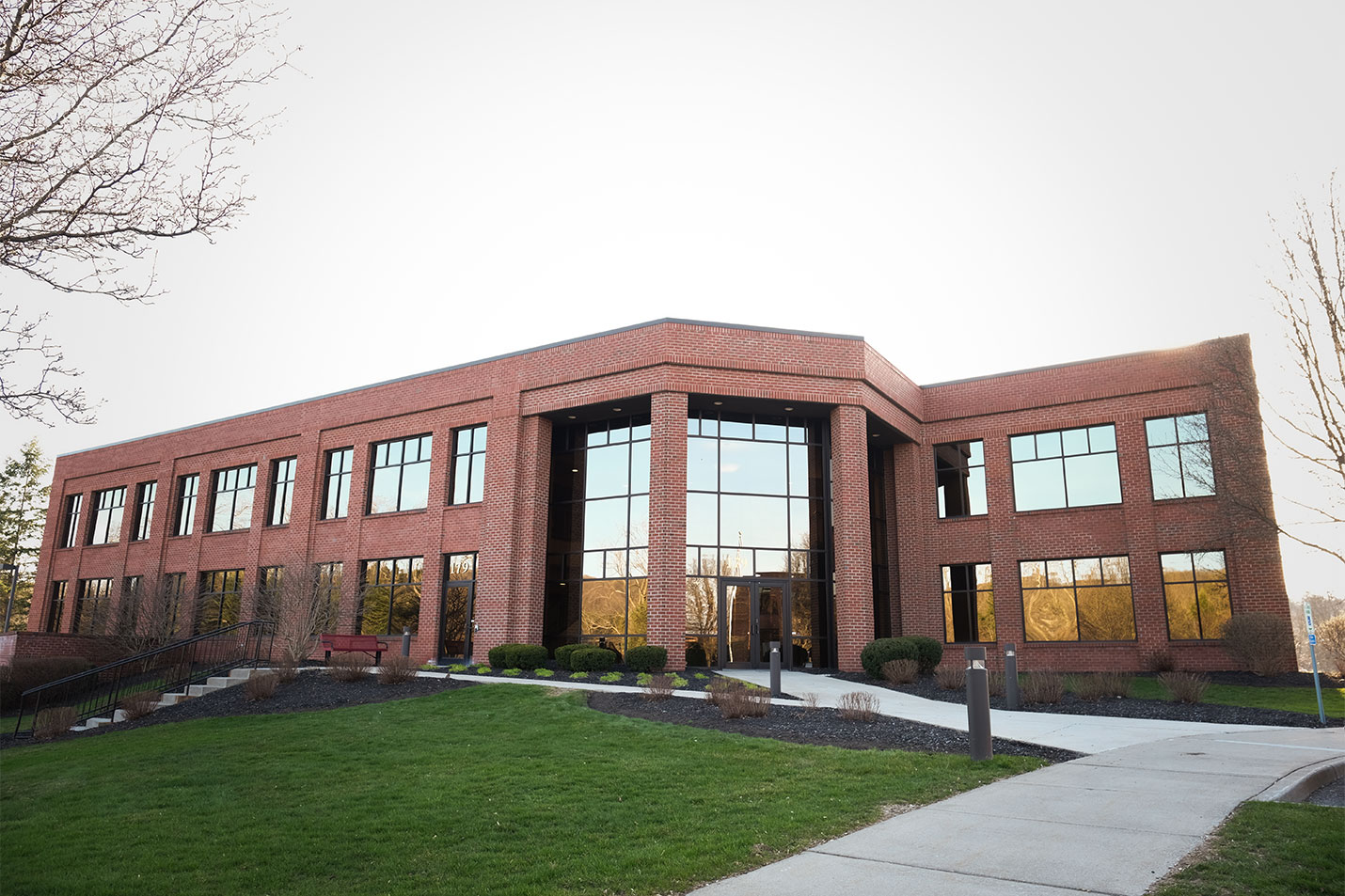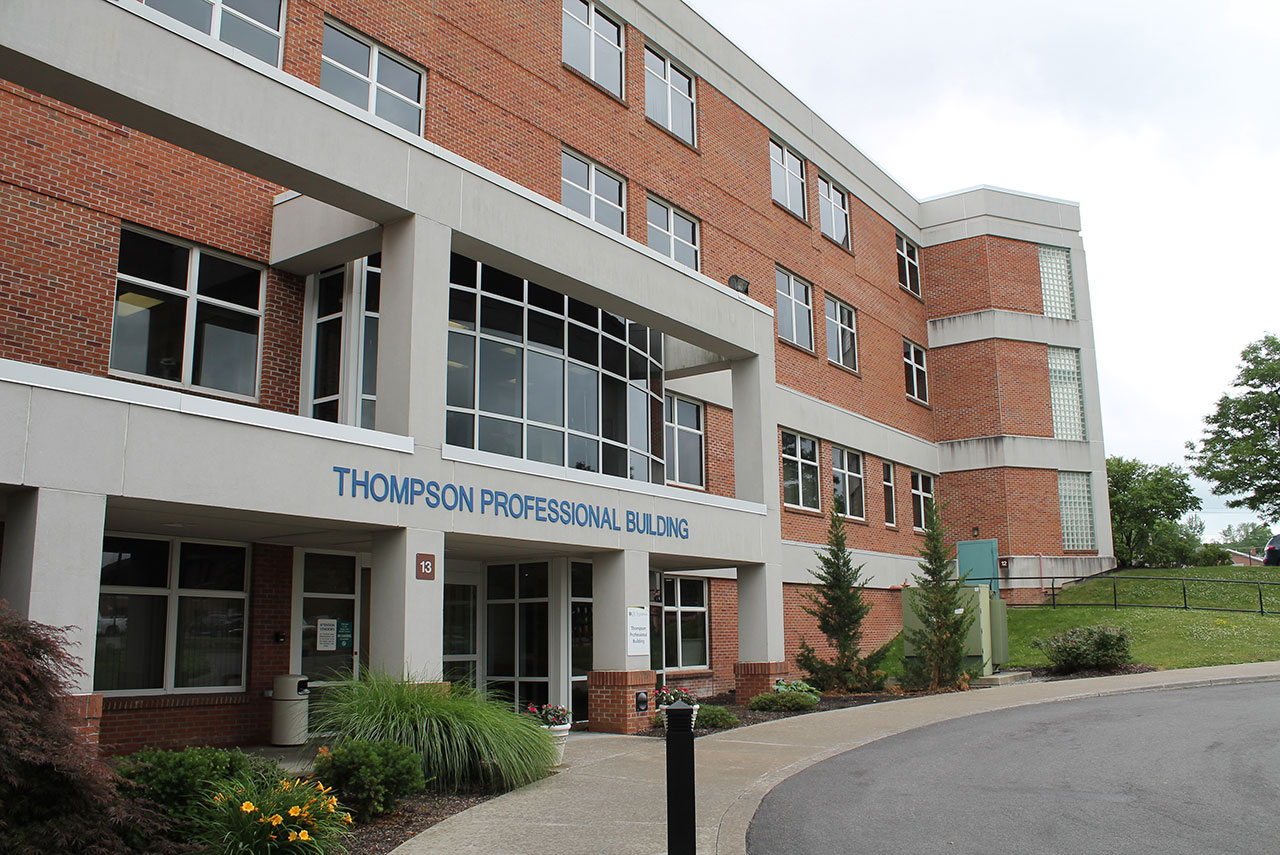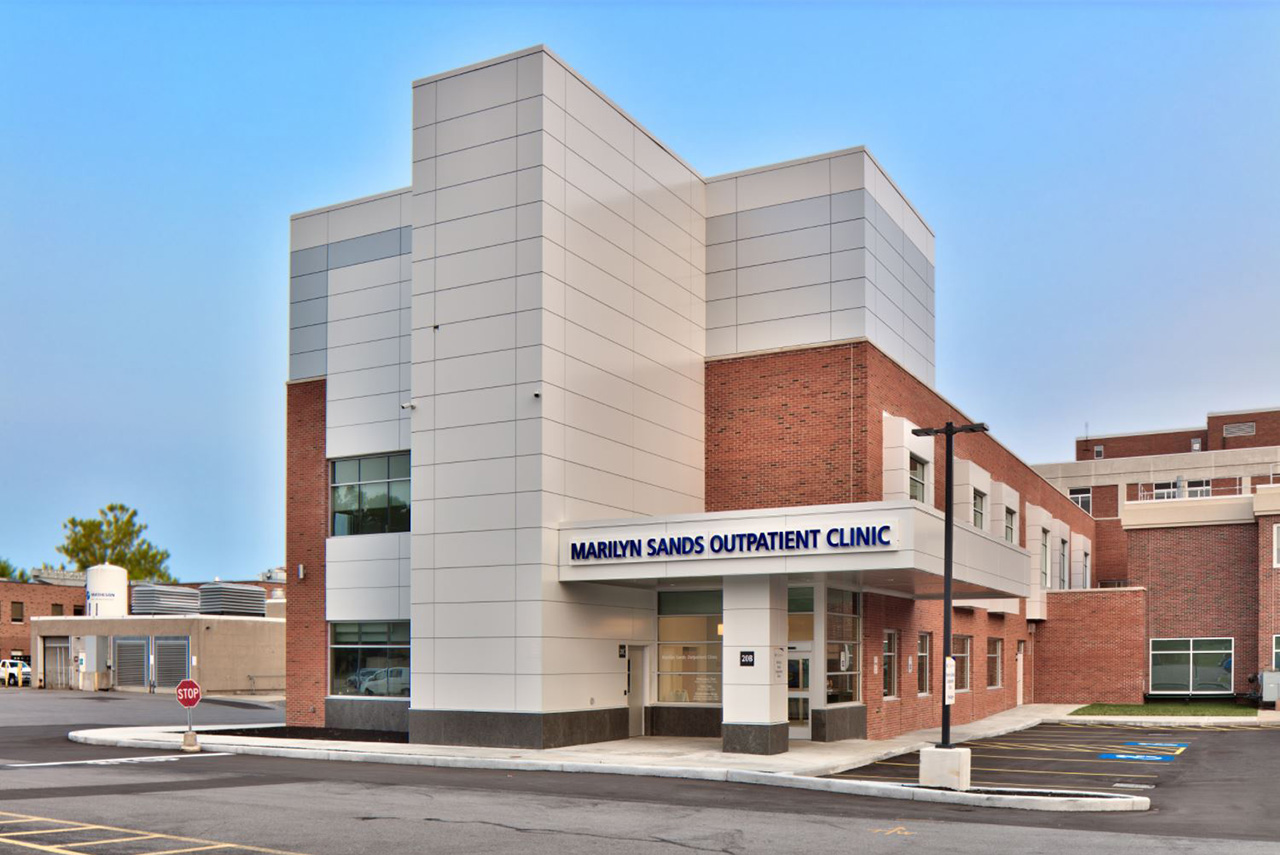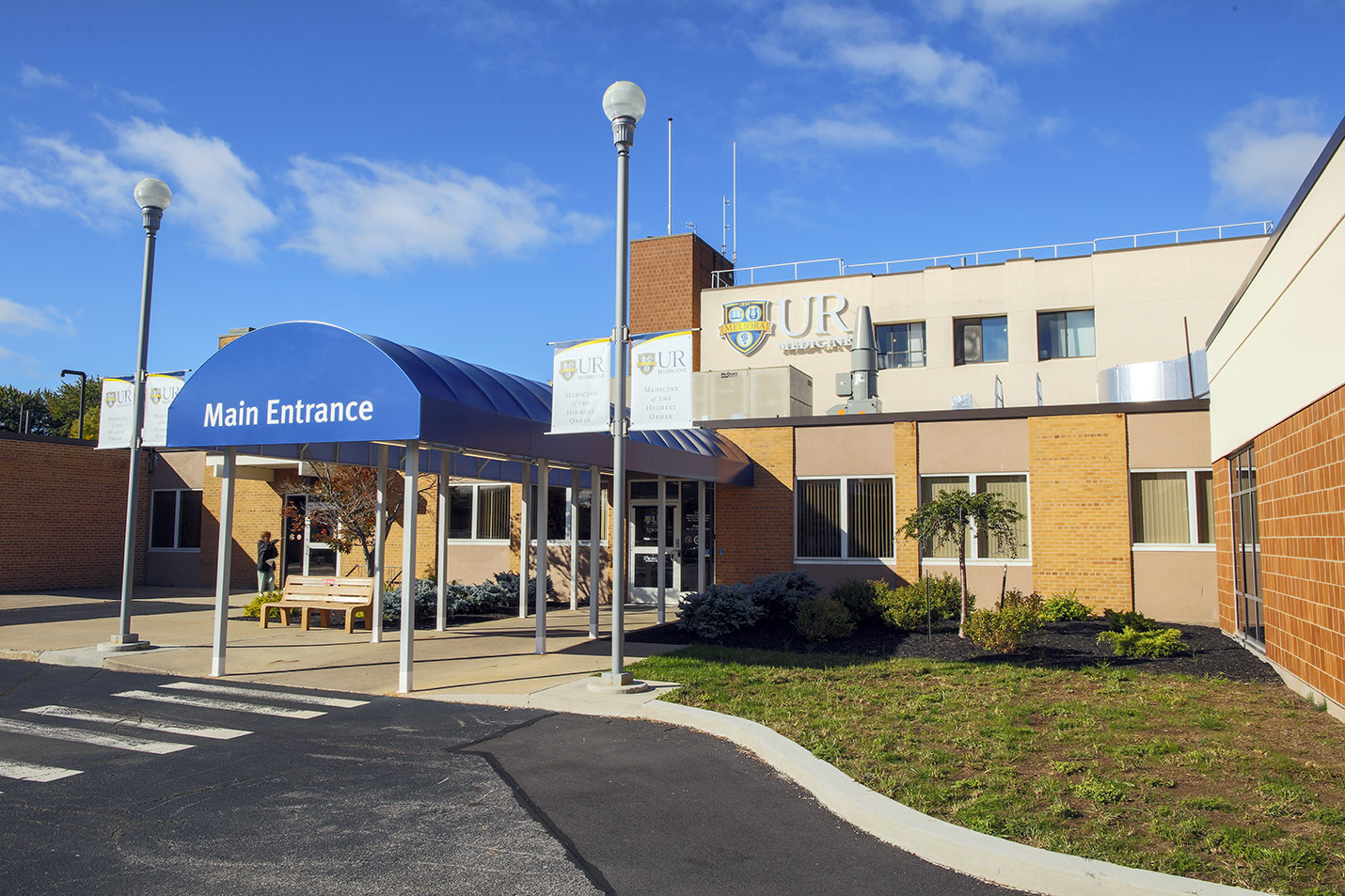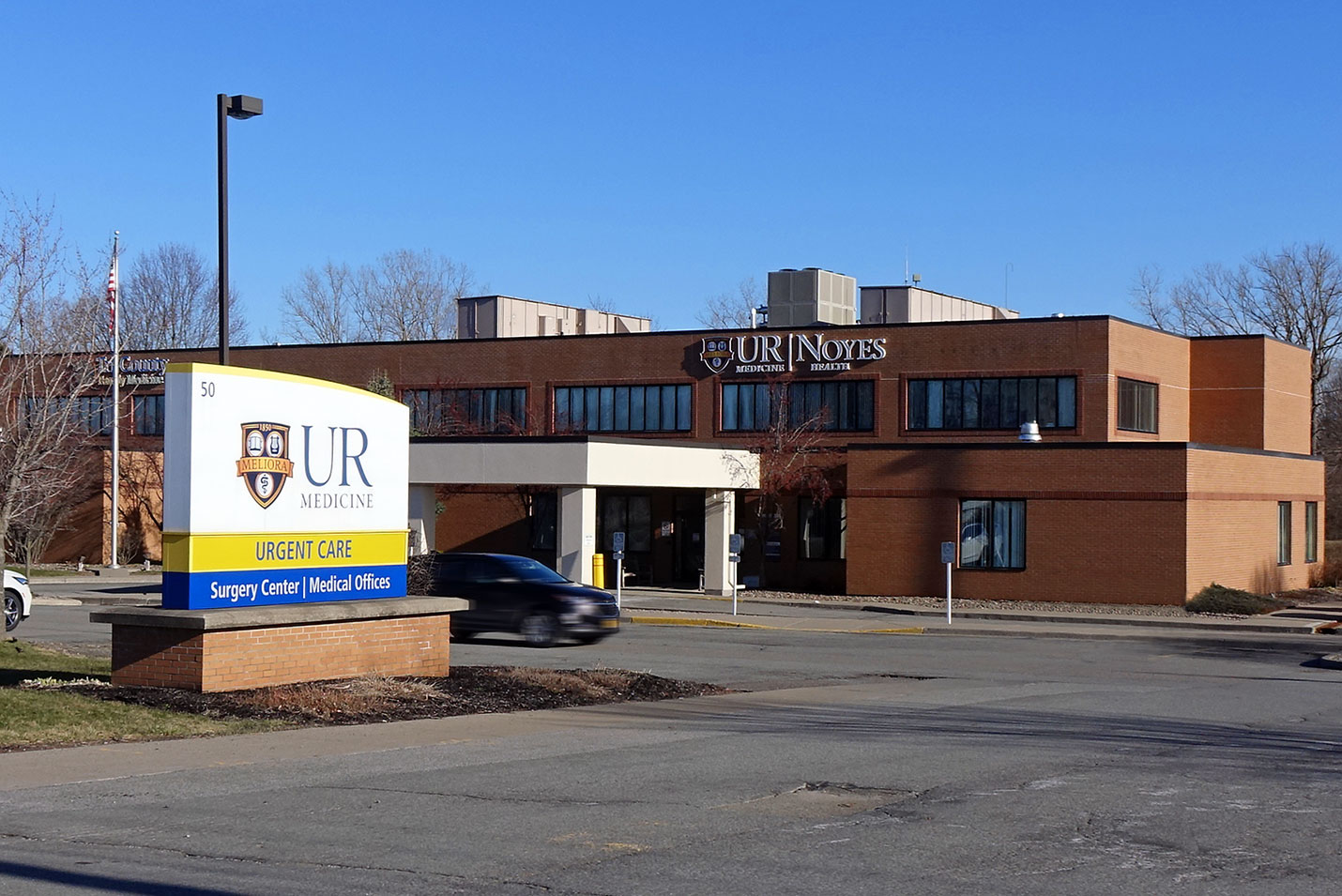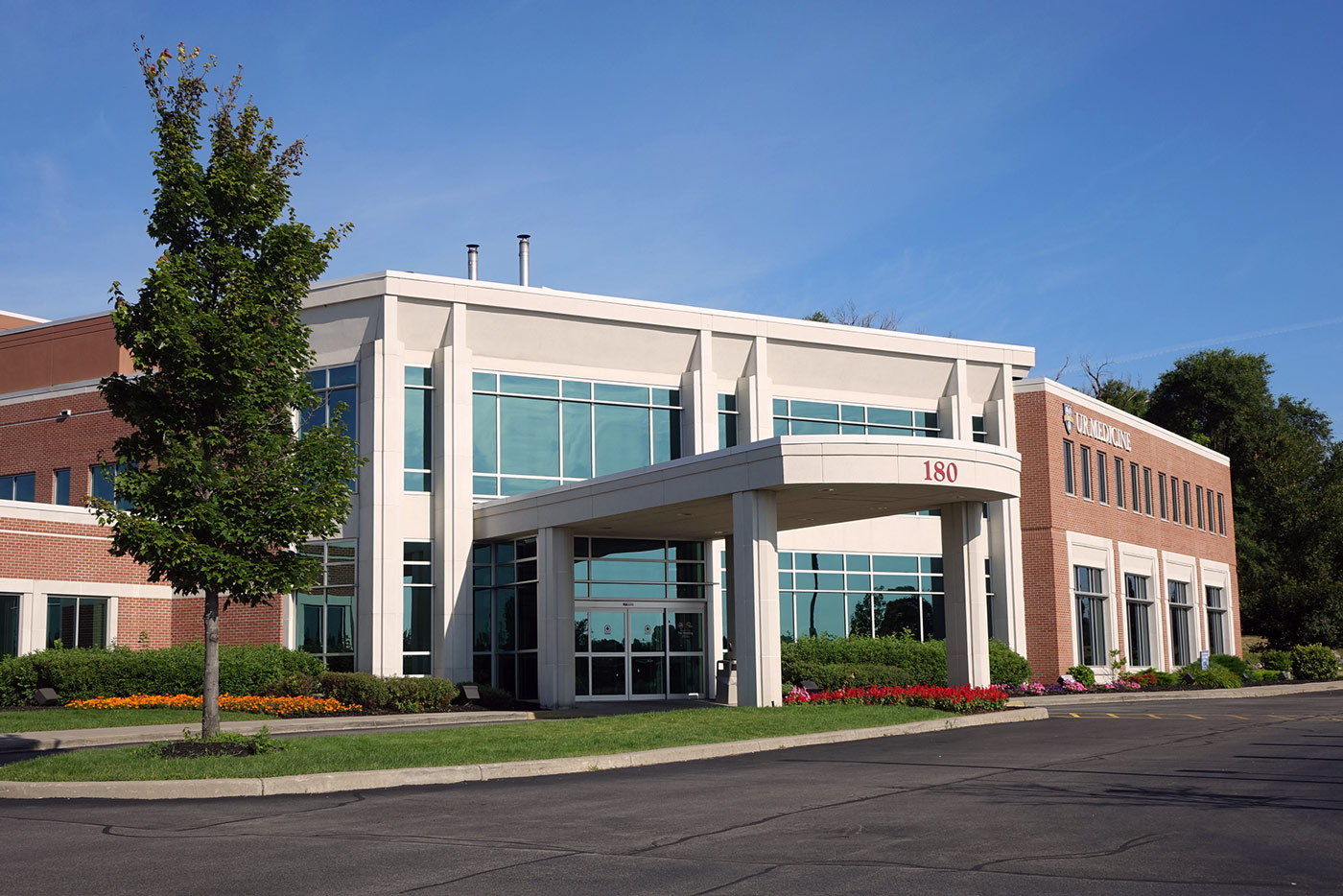Pain Management
Make Appointments & Get Care
Overview
Treating pain takes a team of physicians with a wide range of specialties and expertise. Our experts in Anesthesiology, Neurosurgery, and Physical Medicine and Rehabilitation are leaders in treating pain. UR Medicine offers a multidisciplinary approach to pain treatment, so you will have a complete team of pain experts working for you.
UR Medicine's Approach
UR Medicine offers every pain treatment you might benefit from. This enables us to completely customize your care from your very first day.
Procedural Therapy
- Epidural injections
- Facet injections
- Intraarticular injections
- Sympathetic blocks, including stellate ganglion, celiac plexus, thoracic and lumbar sympathetic ganglion, superior hypogastric plexus and ganglion impar blocks
- Home epidural infusions
- Spinal cord stimulator trial and implantations
- Radiofrequency ablations
- Neurolytic procedures
- Trials of intrathecal medications
- MILD Procedure - Minimally Invasive Lumbar Decompression
Medications
Patients will have regular medical follow-ups to adjust and titrate various pain medications (opioid analgesics, antidepressants, anticonvulsants and other adjuvants).
Once patients are stabilized on an adequate pain regime they are discharged back to their primary care provider to continue with ongoing care.
Psychological Services
Behavioral and cognitive therapies with our clinical psychologists include bio-feedback, hypnosis, and relaxation therapy. This is an integral part of pain management because chronic pain is a disabling disease and affects the person as a whole. These services are very important and very effective in improving the quality of life for patients.
What Sets Us Apart?
The UR Medicine Pain Treatment Center offers an in-depth, holistic approach to patient care, which includes not just medication and surgical options, but psychological, behavioral and rehabilitative care. We also have an acupuncturist on site. We offer the only full-service pain-management service of its kind in the Rochester metropolitan area and surrounding region. We bring together interventional, medical, rehabilitative, and psychological approaches to pain management under one roof.
Our doctors are fellowship trained—the highest level of education available. As part of an academic medical center, our doctors are recognized for their national expertise in the field of pain and conduct leading-edge research and clinical trials for conditions, such as spine disease and ongoing pain from damage to nerves (neuropathic pain).
Locations
View All LocationsWe serve you in the Rochester metropolitan area and surrounding region.
View All Locations17 locations
2180 Empire Boulevard
Webster, NY 14580
756 Pre Emption Road
Geneva, NY 14456
179 Sully's Trail, Suite 200
Pittsford, NY 14534
Thompson Professional Building
395 West Street, Suite 007
Canandaigua, NY 14424
Marilyn Sands Outpatient Clinic
395 West Street, Door 20B
Canandaigua, NY 14424
200 Clifton Springs Professional Park
Clifton Springs, NY 14432
St. James Medical Office Building
7309 Seneca Road North, Entrance C, Suite 102
Hornell, NY 14843
Jones Memorial Hospital
191 North Main Street
Wellsville, NY 14895-0072
Noyes Memorial Hospital
111 Clara Barton Street
Dansville, NY 14437
Spring Pines Office Park
1672 Empire Boulevard, Suite 100
Webster, NY 14580
Westfall Park Medical Center
2225 South Clinton Avenue
Rochester, NY 14618
2300 West Ridge Road, Suite 202
Rochester, NY 14626
Noyes Health Services
50 East South Street, Suite A
Geneseo, NY 14454
Surgery Center at Sawgrass
180 Sawgrass Drive, Suite 210
Rochester, NY 14620
158 Sawgrass Dr, Suite 100
Brighton, NY 14620
Related Services & Conditions
- Hip Pain
- Knee Pain
- Headache Disorders
- Multiple Sclerosis
- Back & Neck Pain
- Complex Regional Pain Syndrome
- Physical Medicine & Rehabilitation
- Neurosurgery
- Mental Health and Wellness
- Neuromedicine Pain Management
- Anesthesiology and Perioperative Medicine
- Neurology
- Vascular and Interventional Radiology
- Pain Psychology
- Brain and Spinal Cord Injury Program
